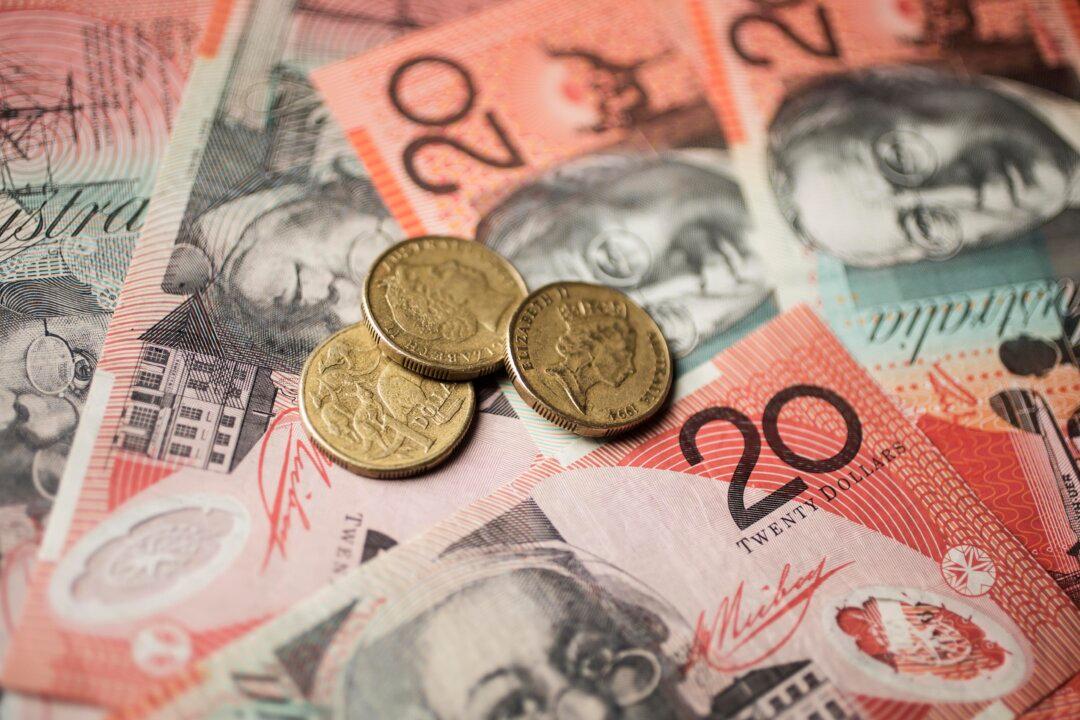A new study has revealed that allowing Australians to access their superannuation early during the COVID-19 pandemic delayed their return to work and hurt the government’s budget.
Researchers at the Australian National University (ANU) studied the effects of early pension withdrawal policies by examining the behaviour of over half a million Australians during the pandemic.





